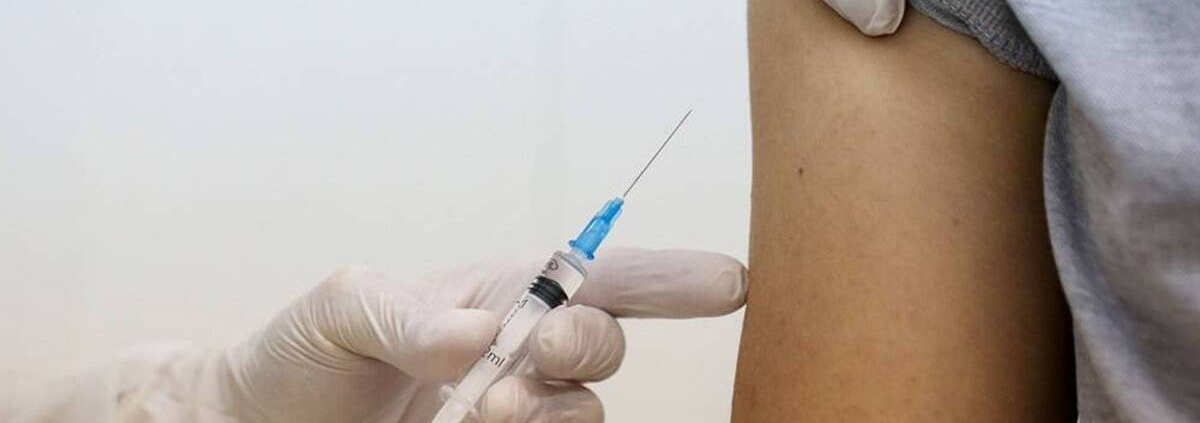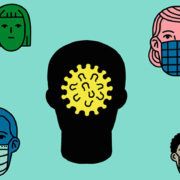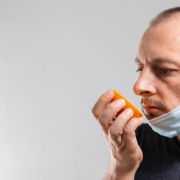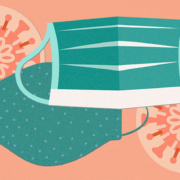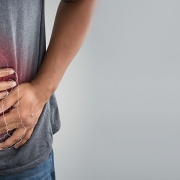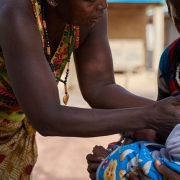Natural infection and vaccination together provide maximum protection against COVID variants
A combination of vaccination and naturally acquired infection appears to boost the production of maximally potent antibodies against the COVID-19 virus, new UCLA research finds.
The findings, published in the peer-reviewed journal mBio, raise the possibility that vaccine boosters may be equally effective in improving antibodies’ ability to target multiple variants of the virus, including the delta variant, which is now the predominant strain, and the recently detected omicron variant. (The study was conducted prior to the emergence of delta and omicron, but Dr. Otto Yang, the study’s senior author, said the results could potentially apply to those and other new variants.)
The researchers compared blood antibodies in 15 vaccinated people who had not been previously infected with SARS-CoV-2, the virus that causes COVID-19, with infection-induced antibodies in 10 people who were recently infected with SARS-CoV-2 but not yet vaccinated. Several months later, the 10 participants in the latter group were vaccinated, and the researchers then reanalyzed their antibodies. Most people in both of the groups had received the Pfizer–BioNTech or Moderna two-dose vaccines.
The scientists evaluated how antibodies acted against a panel of spike proteins with various common mutations in the receptor-binding domain, which is the target for antibodies that help neutralize the virus by blocking it from binding to cells.
They found that the receptor-binding domain mutations reduced the potency of antibodies acquired both by either natural infection or vaccination alone, to about the same degree in both groups of people. When previously infected people were vaccinated about a year after natural infection, however, their antibodies’ potency was maximized to a point that they recognized all of the COVID-19 variants the scientists tested.
Release date: 07 December 2021
Source: UCLA Health Sciences

